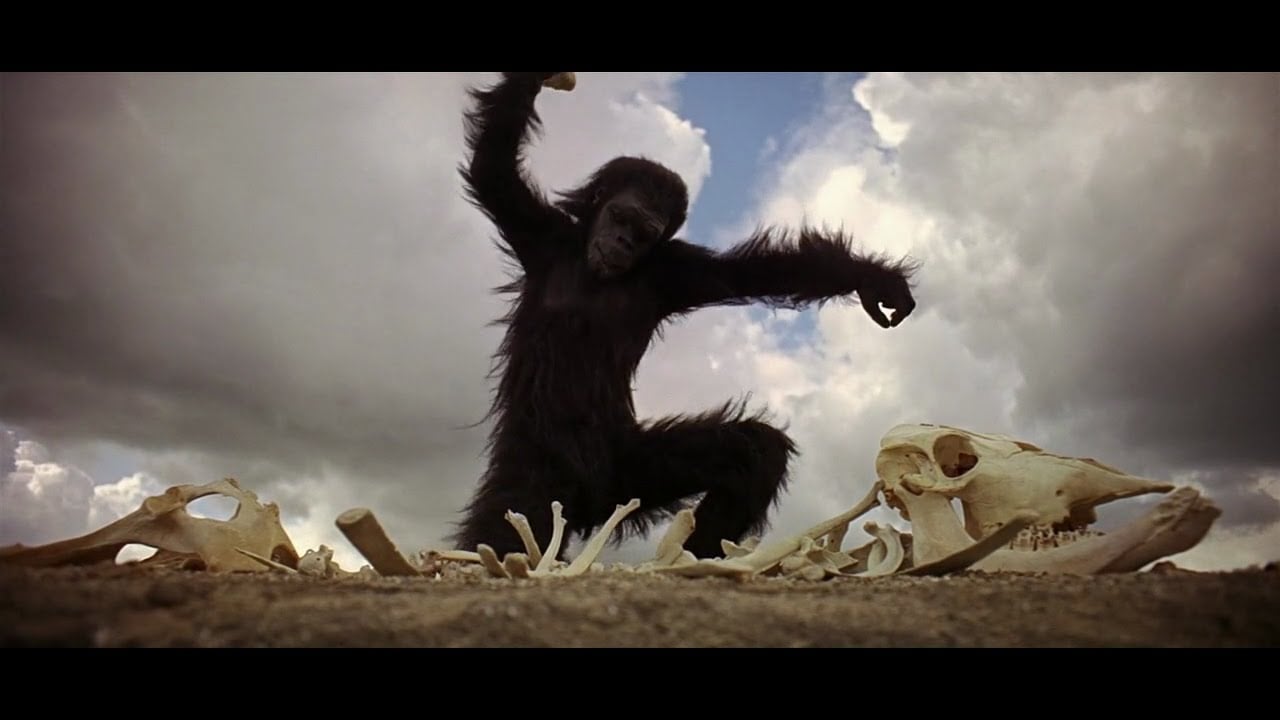I’m sure I’m not the only person whose experience of history in school was the two World Wars, and a cheeky splash of the Tudor Court thrown in for good measure. For the lucky ones among us, the American War of Independence might have gotten a quick look in. But in any case, we certainly never looked back further than the Battle of Hastings in 1066. ‘Prehistory’, that period before we started regularly recording things, has had an even worse ride. I would love to say that I compensated for this dearth by ardently researching the huge swathe of pre-Roman history in my spare time, but I have to be honest – my perception of civilisation’s emergence is pretty much the dinosaurs dying out and being replaced by the Roman Empire with next to nothing in between, and I’m fairly certain that I’m not alone in this gaping chasm of ignorance. Fortunately, a solution is present. Either, cut yourself off from the rest of humanity and spend a few years of your life meticulously researching anthropology and ethnography until you’ve filled the gaps in your knowledge. Or, read Sapiens. The choice is yours.
“A brief history of humankind” is the flippant subtitle of Sapiens, Yuval Noah Harari’s ground breaking best seller, and yet Sapiens achieves everything it sets out to in this self-aware description, detailing more than 7,000 years of human history in just under 500 pages. Harari approaches this feat by considering in turn each of the major revolutions in the history of humanity and considering their consequences for the development of our species. If you immediately thought of the Industrial Revolution as well, fear not – you are not the only one experiencing horrific flashbacks to GCSE, but rest assured, Harari’s approach is simple and informative without ever being patronising, a significant achievement for a book that has to simplify some incredibly complex anthropological ideas for a wide-ranging lay audience.
Harari’s first stop is the cognitive revolution, so called because it saw the birth of the homo sapien as a species that thought, imagined and told stories in a way that other species simply did not. 100,000 years ago there were at least six human species inhabiting the earth contemporaneously, known as the ‘early hominids’. The prototypical evolutionary diagram in the back of a biology class does not account for the fact that these different types of human lived alongside each other rather than growing into one single species. Harari argues that what established the Homo Sapien as the dominant force was its capacity for fiction. From unitive narratives like religion to social narratives that functioned as gossip, he suggests that our capacity to interact, tell stories and socialise is what enabled us to thrive as a species, and that everything, in essence, is a story – from the thought that going on holiday abroad is a luxury, to the thought that human rights should exist.
From the cognitive revolution, Harari goes on to look at the agricultural revolution and the scientific revolution, working all the way up until the present day. From the emphasis he places on the plight of domesticated animals, it may be unsurprising that Harari is a vegan, and his consideration of factory farming as “perhaps the worst crime in history” will certainly provide food for thought (if you’ll pardon the pun).
His exploration of capitalism is also erudite and thought provoking, and his consistent use of topical metaphors and images (comparing, for example, the reimagining of wine as the blood of Christ in Christian ceremonies to the invention of Peugeot) are engaging and useful.
With celebrity fans including Barack Obama, Bill Gates and Mark Zuckerberg, it is a credit to Harari that Sapiens has been translated into more than 30 languages worldwide since its original release in Hebrew in 2011, and was a Sunday Times Number One Bestseller. With the sequel, Homo Deus: A Brief History of Tomorrow, having just been released, there is no book I can recommend more highly to provoke thought, make you reassess your perception of human supremacy, and most importantly, teach you that there’s more to prehistory than cave drawings and some diplodocuses.



